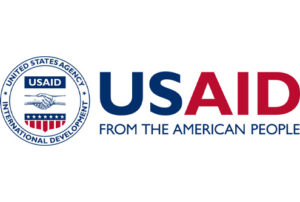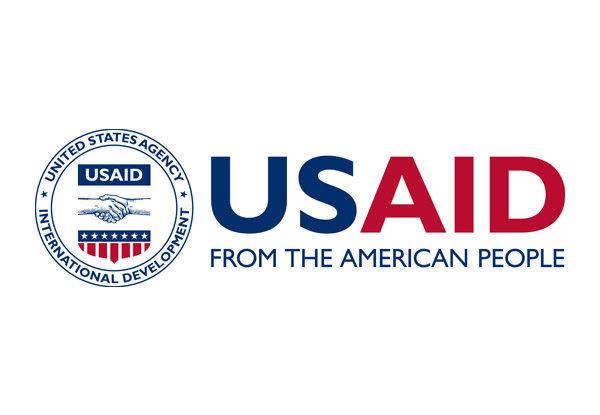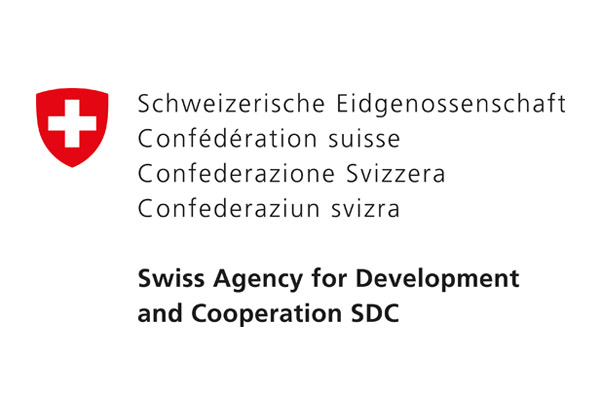IMPACT
Making displacement safer
We’re listening to people displaced by conflict and disasters – and working with them and their communities to trial their locally-led, innovative solutions to improving lives and livelihoods.
The challenge
In 2020 conflict and disasters triggered 40.5 million new internal displacements across 149 countries and territories. 80% of the world’s displaced people live in informal urban settlements where they face poor living and working conditions, isolation, and the ongoing threat of eviction and further displacement.
Our solution
Our three-year project funded by USAID’s Bureau for Humanitarian Assistance (BHA) aims to reduce the vulnerability of displaced communities in 11 countries. Directly listening to displaced people is at the heart of our approach – and understanding their lived experience of displacement and the solutions they propose.
So far we’ve surveyed 4,755 displaced persons and interviewed over 200 government and civil society representatives.
displaced people interviewed
government and CSO interviews
case studies collected
Collaborative action
Our project will support displaced people, their host communities, local authorities and wider civil society to work together to implement innovative solutions to reduce the threats urban displaced people face. Examples of initiatives could include better access to health and education services, improved food security or poverty reduction.
Sharing best practice
After evaluating each initiative, we will then pull together the most impactful into published best practices resources. We’ll use this to demonstrate and advocate at national and international levels for how these bottom-up, people-first solutions can be replicated and institutionalised.
Running until 2023, the project is taking place in Niger, South Sudan, Rwanda, Republic of Congo, Sri Lanka, Nepal, Indonesia, Bangladesh, Iraq, El Salvador and Honduras.
Community-level risk data
Community-level risk data from our Making Displacement Safer programme is free and openly accessible to everyone.
Read nowKey project activities
Data collection
Using our pioneering Views from the Frontline methodology, we’ve surveyed displaced people in each country to find out first-hand about the threats they face, the solutions to building resilience, and the barriers to those solutions. Plus we’ve interviewed government representatives and other influential civil society stakeholders.
Urban living labs
Our urban labs methodology is an approach to finding innovative new solutions to the challenges of displacement. We will bring displaced populations, the community members that host them, plus private, civil society and government stakeholders to co-create and co-plan sustainable initiatives. We’ll then mobilise funds and resources so that these locally-led ideas and approaches can be fully developed and implemented.
International advocacy
We won’t stop at simply implementing these local projects – we will present an evaluation of them at roundtable events with national governments, including lessons that can be trialled in other communities. Government representatives, national civil society organisations and private companies will be supported to develop national action plans that institutionalise these innovative ideas.
We’ll also convene international humanitarian actors such as UN agencies, private sector networks, academia and INGOs to discuss changes in global mechanisms that are needed to scale solutions to support displaced populations in urban areas.
Learning resources
We will also strengthen the capacities of local actors around the world to solve similar challenges in urban areas by publishing the common success factors along with case studies.
An online innovation solution bank will be developed for GNDR member organisations to share emerging challenges facing displaced populations in urban communities, and new solutions from around the world.
Community stories
Read stories from communities most at risk of disasters – and the members around the world who are working with them to build local resilience.
READ MOREProject Funded By
United States Agency for International Development

Our Making Displacement Safer project is made possible by the support of the American People through the United States Agency for International Development (USAID) – Bureau for Humanitarian Assistance. Content related to this project on our website was made possible by the support of the USAID. All content is the sole responsibility of GNDR and does not necessarily reflect the views of the USAID.
View their website


